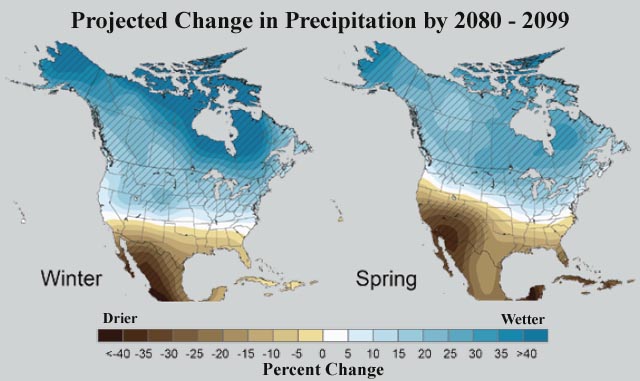ACE Report: Why Global Warming Means Global Weirding
Open Google Doc of Why Global Warming Means Global Weirding
By Rebecca Anderson, ACE Director of Education
When I hear about the consequences of global warming I hear about droughts AND storms at the same time, floods along with record-breaking fire seasons — it seems like the world is getting kinda weird! Why is everything supposed to get worse in a warmer world?
To understand this, we need to start with the basics. CO2 is a greenhouse gas. Because of the actual physical size and shape of a molecule of CO2, it’s just the right size to interact with energy of a certain wavelength – infrared radiation, more commonly known as HEAT. (Check out a great video demonstrating how CO2 interacts with heat here.) When this infrared radiation (heat) encounters a molecule of CO2, the CO2 first absorbs the radiation (heat) and then puts it back out in all directions – it re-emits it.
Because there’s CO2 all through our atmosphere and there are millions and millions of these little CO2 guys absorbing and re-emitting heat in every direction, the overall effect is for most of that heat to be kept within the atmosphere. Some does get put out into space, but most of it gets trapped inside our atmosphere, which means that heat sticks around, making our planet warm.
So, the more CO2 we’ve got in the atmosphere, the greater the chance that this heat that’s coming off the Earth’s surface will encounter a molecule (or lots of molecules) of CO2 on its way up (heat rises, right?) and eventually end up getting trapped inside the atmosphere.
More CO2 = more heat trapped = more energy!

You could think of having all that extra energy available sort of like having extra money lying around. You could stash it away in the bank to use later, but most people would probably want to spend it and put that money to work – a faster, flashier car, a bigger house, more fancy gadgets and appliances.
So just like you can go into a neighborhood with lots of big, fancy houses and you know that means there’s a lot of money there, when you see a really big storm / wild fire / heat wave / drought, you know that means there’s a lot more energy there than a smaller such event.
This is why global warming means global weirding. All this extra heat / energy gets used to wreak havoc on our climate system and therefore on all of us, too.
To dive in a little more, we gotta talk about the water cycle. Because that’s where most of this weirding plays out – in something related to water. Either WAY too much of it (flooding) or WAY too little (drought). Because all that extra energy can be used to evaporate more water and because warmer air in general holds more water, climate change intensifies the water cycle. (Globally, there’s about 4% more water vapor in the atmosphere now than in 1970 because of this.)
This means not just more flooding, but more droughts, too. It’s like two sides of the same coin. More heat means more evaporation, which means more droughts in one part of the world. But warmer air holding more moisture can also mean bigger storms in another part of the world.
And the prediction for our future is this: Wet places will get wetter and dry places will get drier. That’s what intensification of the water cycle means. You can see this on this map of future trends in precipitation in 2100: The Northeast is bluer (more rain) and the desert Southwest is redder (more drought).

And the underlying reason for these changes is that added energy in the climate system from heat trapped by extra CO2.
Why Global Warming Means Global Weirding Student Worksheet
Name:
1. What type of radiation does CO2or other greenhouse gases interact with? (Give both the full name and what it’s more commonly known as.)
2. Why does more CO2 mean more heat trapped in our atmosphere?
3. Heat is one form of _________.
4. What are three other things this extra energy can do besides raise air temperature?
5. What’s an analogy for what extra energy in the climate system is like?
6. How are drought and flooding two sides of the same coin?
7. How much more water vapor is there in the atmosphere compared to 1970?
8. In the future because of climate change, wet places will get _______ and dry places will get _______.
9. Will your area be wetter or drier in the future due to climate change?
